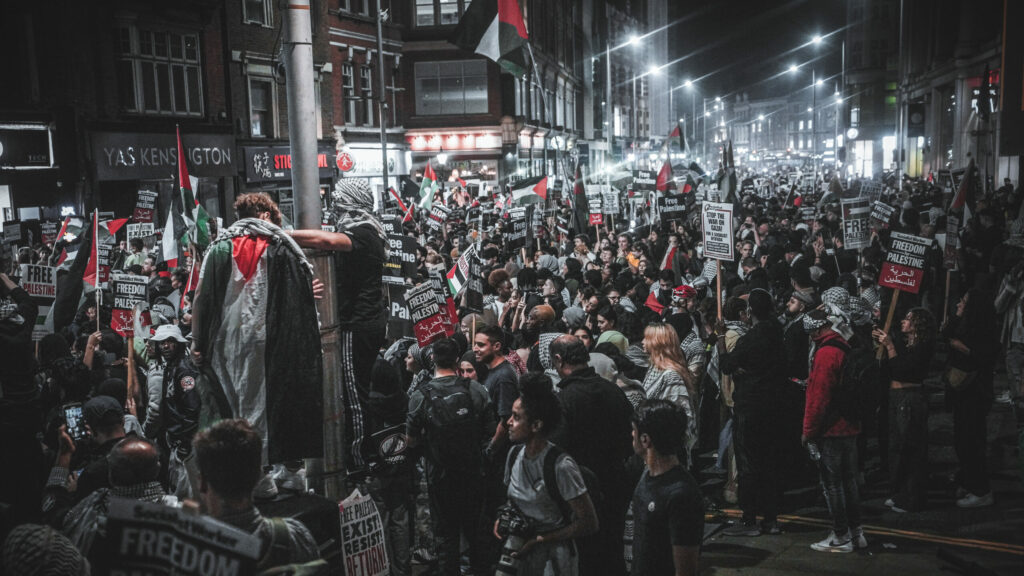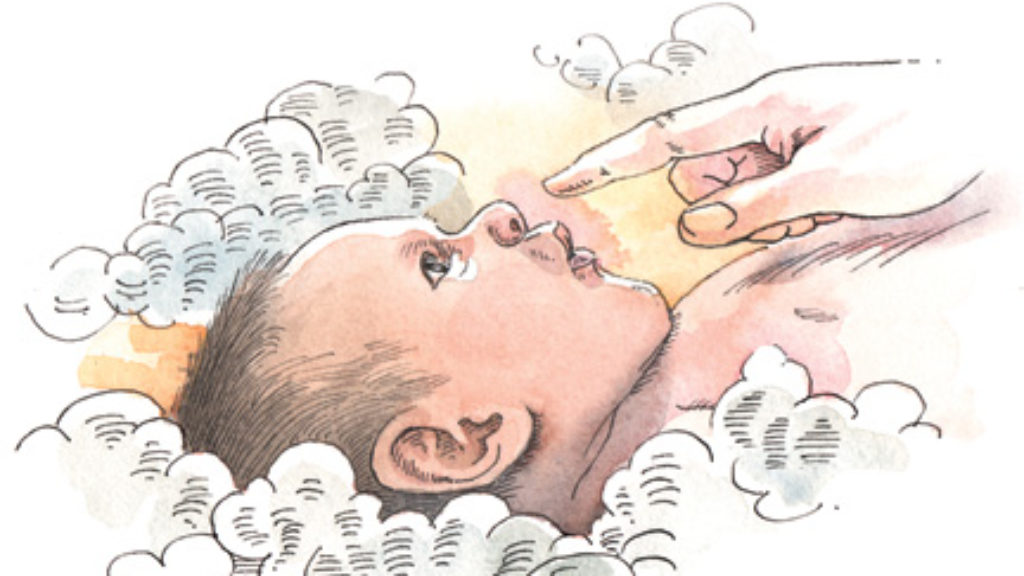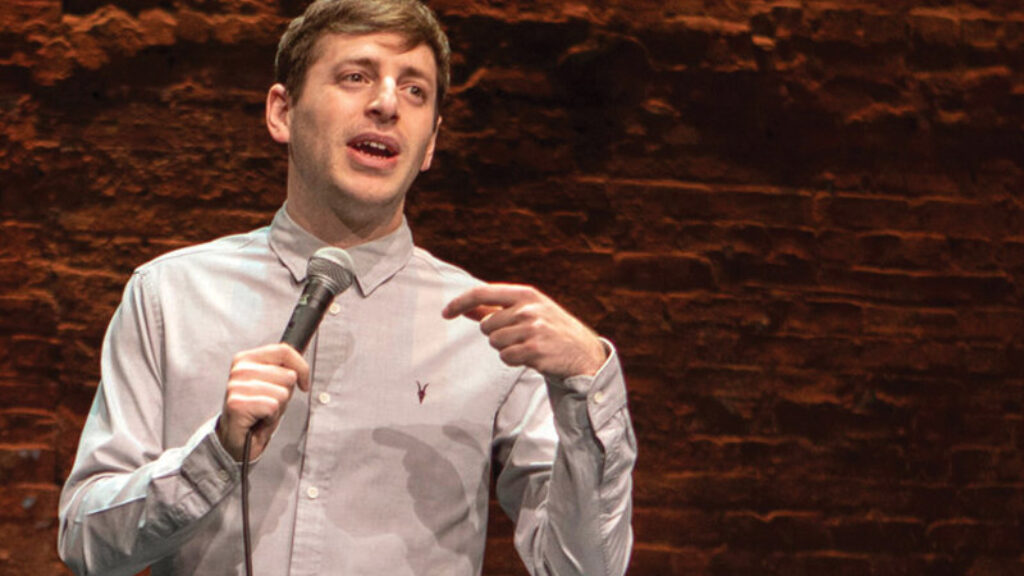JRB | Israel
TABLE OF CONTENTS
Introduction
Rereading Herzl’s Old-New Land
A bad novel, but an important and prescient book.
The Kibbutz and the State
How the position of the kibbutz in Israeli society has changed, and why.
Athens or Sparta?
Accused by Patrick Tyler of unfairness, Morris presses on.
The Poet from Vilna
Avrom Sutzkever and Max Weinreich, a memoir.
Walkers in the City
Herman Melville was unimpressed with Jerusalem in 1857, but what would he say if he were a saunterer on Mamilla or King George today?
Moses Mendelssohn Street
Immortality in Jerusalem.
Walking the Green Line
New books about the settlers and the settlements and depth and nuance to the discussions about their existence.
One State?
Sari Nusseibeh’s recent book is a new formulation of an old proposal.
Fathers & Sons
This summer, as the current Askhenazi chief rabbi was being investigated for corruption, and issues of religion and state dominated public debate, new Ashkenazi and Sephardi chief rabbis were elected. The process was messy, complicated, and ugly. The result? Sixty-eight votes apiece for the sons of two previous chief rabbis. What does a broken rabbinate mean for Israel?
Yehuda Amichai: At Play in the Fields of Verse
Yehuda Amichai was an exuberant person with a lively, impish sense of humor. He was, at the same time, a melancholy man. Both traits are present in his poetry.
Israel’s Arab Sholem Aleichem
Sayed Kashua’s new novel presents a characteristic depiction of the dual identities of Israel’s Arabs.
Riding Leviathan: A New Wave of Israeli Genre Fiction
A new batch of Israeli fantasy books may not contain Narnias, but they pound on the wardrobe, rattling the scrolls inside.
Hope, Beauty, and Bus Lanes in Tel Aviv
From the floor of Tel Aviv’s City Council, Israel’s future looks more promising than many would think.
Suggested Reading

More than the Old New Antisemitism
Reviel Netz responds to Jonathan Karp.

How the Baby Got Its Philtrum
The idea of learning as a recovery of what we once possessed is what makes Bogart’s bubbe mayse, and ours, so memorable: We can all touch that little hollow and feel the impress of forgotten knowledge.
A Party in Boisk
The bodily joy a group of Boiskers took in fulfilling the commandment to study Torah is still surprising, and that may have something to do with the Torah they chose to study.

Us or Them
It all started with a tweet: “Curious about your whiteness? Come to our meeting.” Edelman was curious.